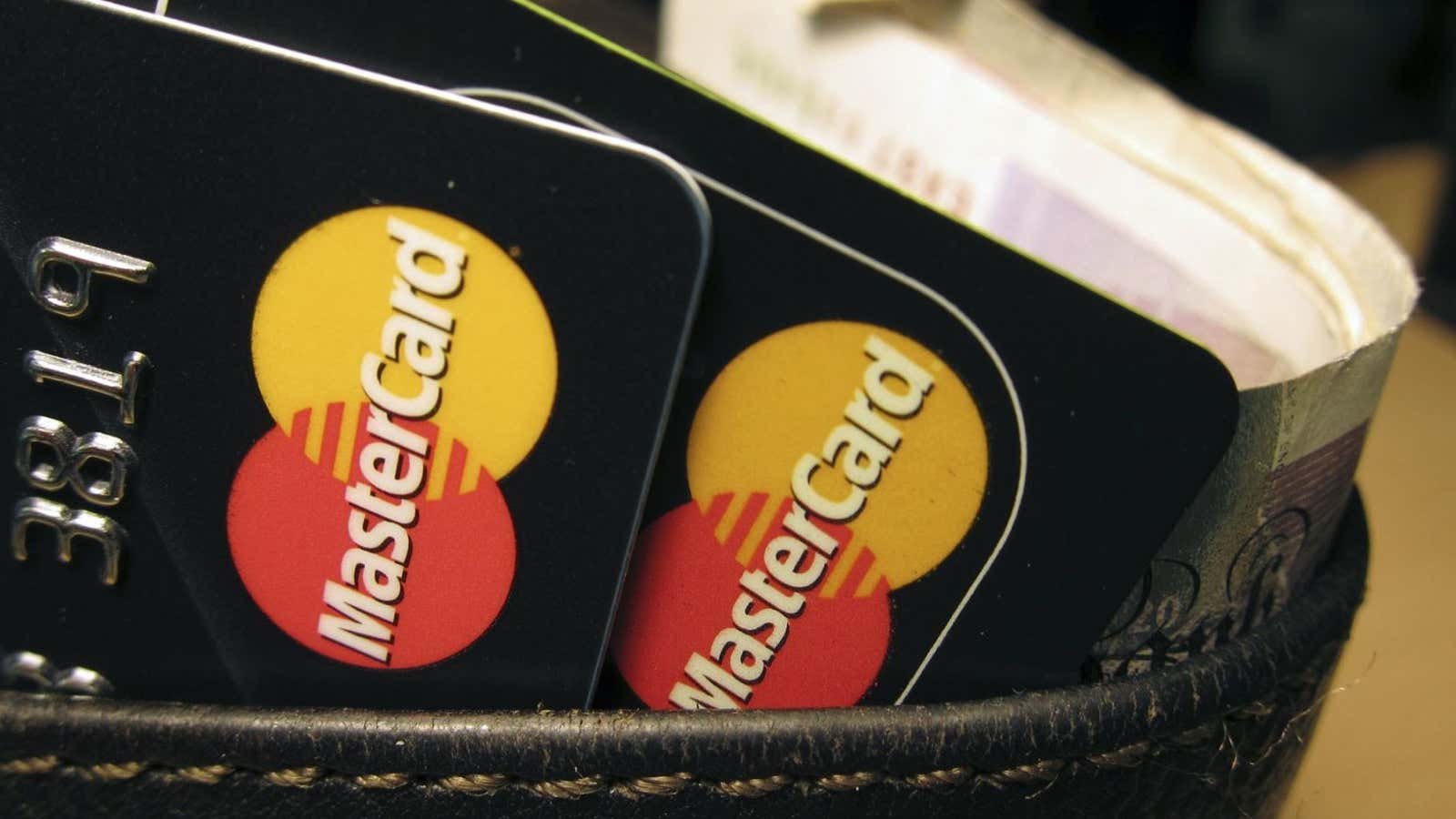Dell SecureWorks released its report examining the state of the underground hacker marketplace on Tuesday (April 5), and it contained some bad news: business is strong.
Like any marketplace worth its salt, supply and demand set prices. Dell found the cost for someone to buy your digital identity was generally dropping, as ways to jimmy those locks have become more common and cheaper. At the same time, prices have been steady or on the rise for stolen bank account credentials, frequent flier miles, passports, social media accounts, and other private information. Overall, these are boom times to hack someone’s identity or launch digital assaults on victims.
Underground shopping on the web, as we’ve reported, happens across thousands of encrypted or anonymous sites that offer a selection of drugs, pornography, stolen identities, and other illicit items. Dell found most cybercrime items freely available.
Crooks are also acting more like normal businesses. Eager to please customers in a competitive marketplace, Russian hackers have started promoting round-the-clock customer service and placing ads promoting “free-trial attacks” and their “huge abilities.” This year’s hit product were upgraded ATM “skimmers” that capture the magnetic stripe data on the back of a debit or credit card priced at $1,775. Dell even observed new versions being manufactured with 3D printers, along with bluetooth and micro-camera accessories. For the aspiring thief on a budget, hacking tutorials were at the lowest price in three years—just $19.99.
